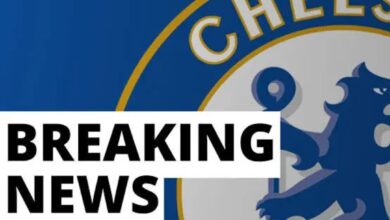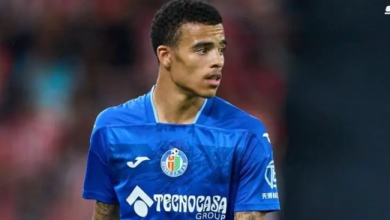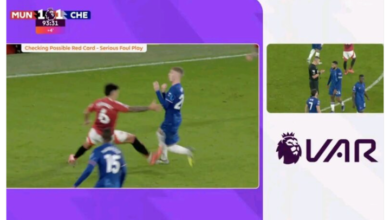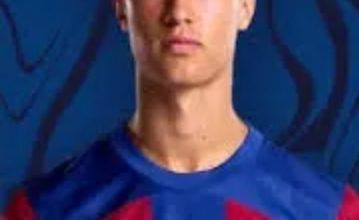
Barcelona’s consideration of acquiring David de Gea through a free transfer seems to be a well-thought-out strategic maneuver, prompted by their financial constraints and the pressing requirement for seasoned reinforcements within their squad. De Gea, who has been without a club since parting ways with Manchester United last summer, brings with him a wealth of invaluable experience garnered from competing at the highest levels of professional football, a factor that could significantly enhance Barcelona’s performance.
The club’s ongoing financial challenges have compelled them to seek cost-effective solutions in player acquisitions. With minimal expenditure witnessed during the previous summer transfer window, a move for De Gea, obtained without a transfer fee, aligns seamlessly with Barcelona’s current financial strategy. This potential signing presents an opportunity to strengthen the team’s depth without incurring substantial financial burdens.
De Gea’s extensive tenure at Manchester United, during which he frequently served as a linchpin in the team’s defensive setup, underscores his immense worth. Despite encountering recent setbacks, including criticism following the FA Cup final defeat against Manchester City, his overall career trajectory underscores his resilience and proven ability to perform at the highest level. His arrival could inject a sense of stability and provide invaluable mentorship, particularly in light of potential transfer interest in the club’s current backup goalkeeper, Inaki Pena.
Enhancing Goalkeeping Depth:
Considering the possibility of Marc-Andre ter Stegen’s departure to the Saudi Pro League, David de Gea’s potential arrival would not only fortify Barcelona’s goalkeeping options but also introduce a seasoned competitor to maintain the team’s standards. Whether as a reliable backup or a contender for the starting position, De Gea’s presence ensures Barcelona maintains a strong goalkeeping setup, providing reassurance in times of need.
Navigating Role Dynamics:
Initially, integrating De Gea into the squad would require delicate handling, particularly regarding his accustomed role as a starter. However, his willingness to adapt to a supporting role could facilitate a seamless transition, minimizing any potential disruptions within the team structure.
Performance and Adaptation:
While recent criticism may overshadow De Gea’s capabilities, it’s imperative to assess his overall career trajectory. Given the right environment and support from Barcelona, there’s optimism that he can rediscover his form and confidence, ultimately contributing positively to the team’s performance.
Squad Integration:
The introduction of De Gea into the goalkeeping lineup could potentially disrupt the existing hierarchy, especially considering the promising development of Inaki Pena. Striking a balance between incorporating De Gea and nurturing squad harmony will be pivotal for Barcelona’s cohesion and success.
Strategic Implications:
In conclusion, the prospective acquisition of David de Gea represents a calculated move by Barcelona, offering a blend of experience and dependability while remaining mindful of financial constraints. Amidst the club’s ongoing financial challenges, such a strategic addition could bolster the team’s goalkeeping depth and stability. This potential deal underscores the unpredictable nature of football transfers and the continuous pursuit of pragmatic solutions amidst financial and competitive pressures. If finalized, it not only presents De Gea with an opportunity to showcase his talents at a prestigious club but also reinforces Barcelona’s commitment to remaining competitive in the ever-evolving football landscape.




